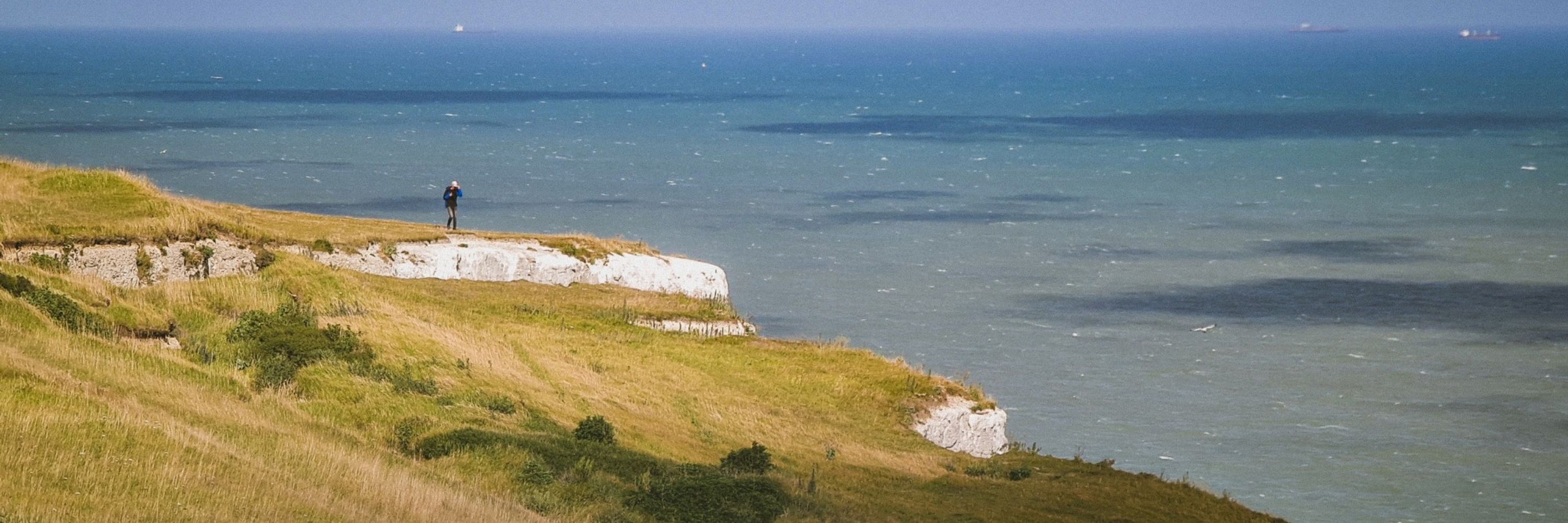

We study how getting more feedback (seeing what you could have earned) and facing gains vs losses change the way people choose between risky and safe options.
🖇️Link: doi.org/10.31234/osf...
It's a thread🧶:
Why is cognitive effort experienced as costly?
(or why does it hurt to think)
never written a review paper before in my life, that was a new and unusual experience

Why is cognitive effort experienced as costly?
(or why does it hurt to think)
never written a review paper before in my life, that was a new and unusual experience
osf.io/preprints/ps...
osf.io/preprints/ps...
Computational modeling of error patterns during reward-based learning show evidence that habit learning (value free!) supplements working memory in 7 human data sets.
rdcu.be/eQjLN

Computational modeling of error patterns during reward-based learning show evidence that habit learning (value free!) supplements working memory in 7 human data sets.
rdcu.be/eQjLN
We study how getting more feedback (seeing what you could have earned) and facing gains vs losses change the way people choose between risky and safe options.
🖇️Link: doi.org/10.31234/osf...
It's a thread🧶:

We study how getting more feedback (seeing what you could have earned) and facing gains vs losses change the way people choose between risky and safe options.
🖇️Link: doi.org/10.31234/osf...
It's a thread🧶:
The presentation of Richard Thaler's (Chicago Booth) latest book, followed by a roundtable discussion, organized by the "An integrated approach of economic decisions" project.
www.parisschoolofeconomics.eu/en/events/th...
The presentation of Richard Thaler's (Chicago Booth) latest book, followed by a roundtable discussion, organized by the "An integrated approach of economic decisions" project.
www.parisschoolofeconomics.eu/en/events/th...
We’re launching PsychLing-101 — an open, community-driven initiative to gather psycholinguistic datasets for cross-dataset analyses and the development of psycholinguistic foundation models.
👉 To contribute or propose a dataset, go to:
🔗 github.com/Data-X01/Psy...
We’re launching PsychLing-101 — an open, community-driven initiative to gather psycholinguistic datasets for cross-dataset analyses and the development of psycholinguistic foundation models.
👉 To contribute or propose a dataset, go to:
🔗 github.com/Data-X01/Psy...

Excited to share this new preprint together with Rui Mata. We review how 🤖 LLMs can help address long-standing problems in cognitive science, highlighting opportunities and pitfalls.
🔗 Preprint: arxiv.org/abs/2511.00206

Excited to share this new preprint together with Rui Mata. We review how 🤖 LLMs can help address long-standing problems in cognitive science, highlighting opportunities and pitfalls.
🔗 Preprint: arxiv.org/abs/2511.00206
Are reinforcement learning models complete accounts of decisions from experience if they ignore explicit memory?
In this new preprint, we show that people indeed form robust explicit memory representations that flexibly guide later decisions.
🔗 Preprint: doi.org/10.1101/2025...

Are reinforcement learning models complete accounts of decisions from experience if they ignore explicit memory?
In this new preprint, we show that people indeed form robust explicit memory representations that flexibly guide later decisions.
🔗 Preprint: doi.org/10.1101/2025...
Thrilled to see this article with @ruimata.bsky.social out. We discuss how LLMs can be leveraged to map, clarify, and generate psychological measures and constructs.
Open access article: doi.org/10.1177/0963...

Thrilled to see this article with @ruimata.bsky.social out. We discuss how LLMs can be leveraged to map, clarify, and generate psychological measures and constructs.
Open access article: doi.org/10.1177/0963...

Apply by Nov 12!
Maybe of interest to folks from #COSMOS2025 or @eslr.bsky.social? Please feel free to share! 🙏
Apply by Nov 12!
Maybe of interest to folks from #COSMOS2025 or @eslr.bsky.social? Please feel free to share! 🙏
We developed an LLM-powered bibliometric analysis to characterize article clusters, investigate their connections, and examine the distribution of topics across the landscape.
osf.io/6c2va_v1
We developed an LLM-powered bibliometric analysis to characterize article clusters, investigate their connections, and examine the distribution of topics across the landscape.
osf.io/6c2va_v1
Prolonged Isolation is associated with an increased behavioural sensitivity to ‘Likes’ on social media.
🧵
Social media rewards are inherently social—but does posting change during social isolation, when in-person social rewards are limited?
It turns out, yes!



Reach out if you are interested in any of the above, I'll be at CCN next week!
Reach out if you are interested in any of the above, I'll be at CCN next week!
B71, Wed, 1pm-4pm: 2025.ccneuro.org/poster/?id=8...
B90, Wed, 1pm-4pm: 2025.ccneuro.org/poster/?id=o...
C169, Fri, 2pm-5pm: 2025.ccneuro.org/poster/?id=l...
@philjrdb.bsky.social @gavan.bsky.social
www.nature.com/articles/s44...

@philjrdb.bsky.social @gavan.bsky.social
www.nature.com/articles/s44...
Our team worked on triage in emergency rooms, improving communication, prioritization and decision-making in critical circumstances.



Our team worked on triage in emergency rooms, improving communication, prioritization and decision-making in critical circumstances.
Experimental Evidence for the Propagation and Preservation of Machine Discoveries in Human Populations
arxiv.org/abs/2506.17741
with team members @levinbrinkmann.bsky.social @thomasfmueller.bsky.social Ann-Marie Nussberger, @maximederex.bsky.social, Sara Bonati, Valerii Chirkov

Experimental Evidence for the Propagation and Preservation of Machine Discoveries in Human Populations
arxiv.org/abs/2506.17741
with team members @levinbrinkmann.bsky.social @thomasfmueller.bsky.social Ann-Marie Nussberger, @maximederex.bsky.social, Sara Bonati, Valerii Chirkov


